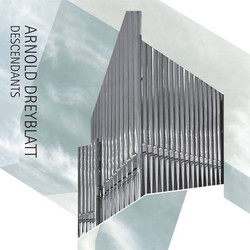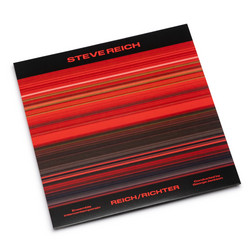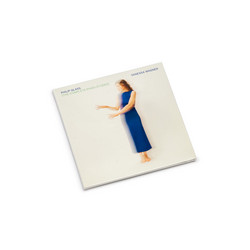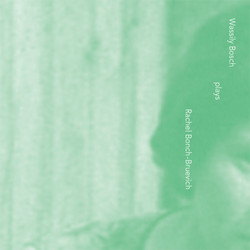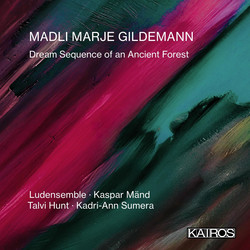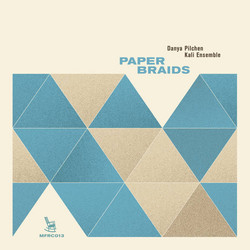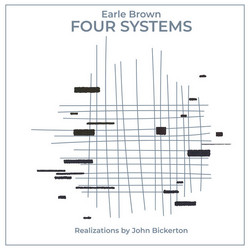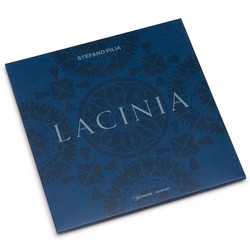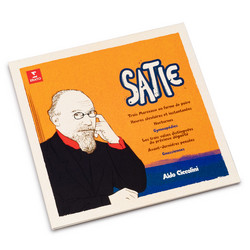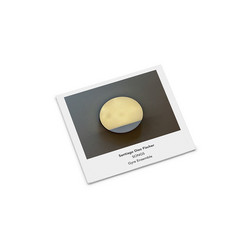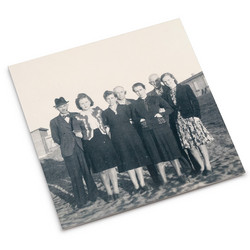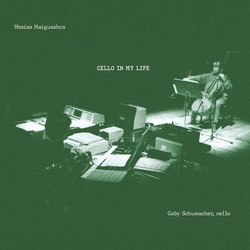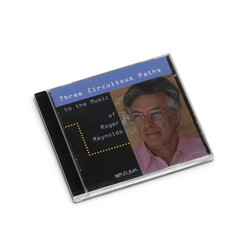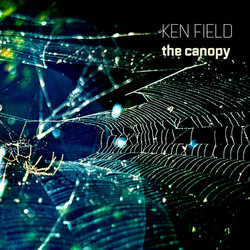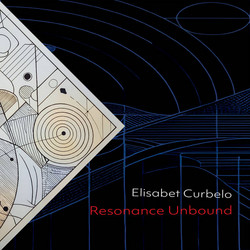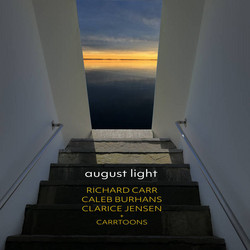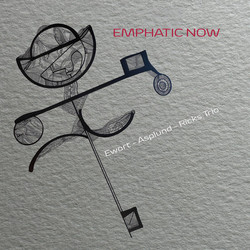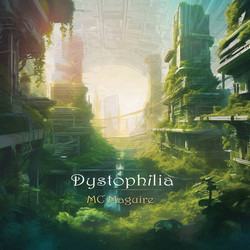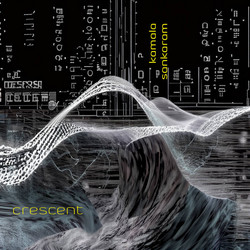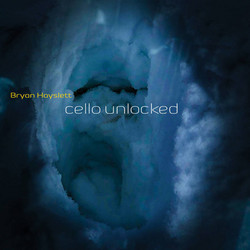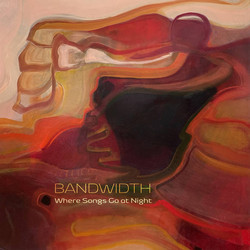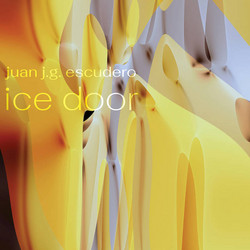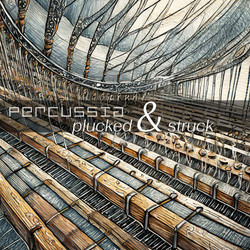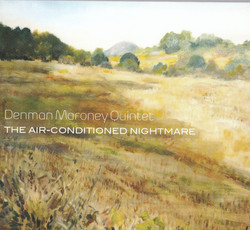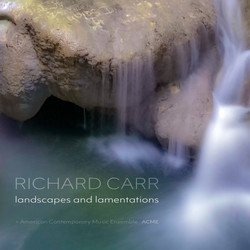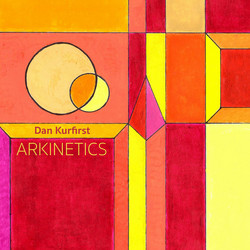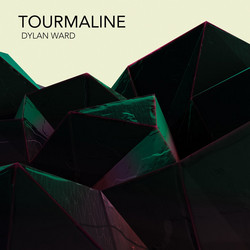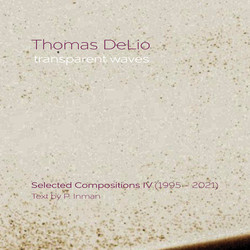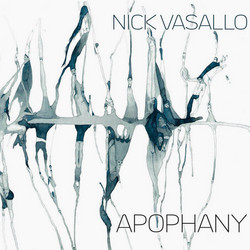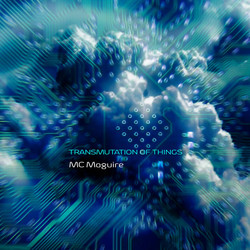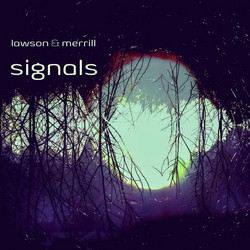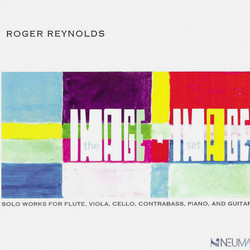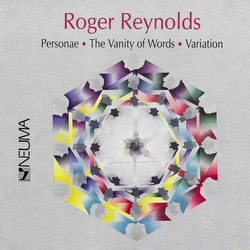The journey of River of January began in early 1969, when as a freshly arrived 14-year-old from Los Angeles, standing by the ocean in Rio de Janeiro [transl., River of January], Rick Baitz heard a crescendo of rhythmic chanting, followed by a parade of women sashaying down the sidewalk, joyfully singing and swaying to the beat of their own samba. He didn’t know at the time that one day he would write a piece honoring the name of that city, but In 1991 he was commissioned by The Juilliard School in association with Lincoln Center Institute (LCI), to compose a work for young audiences. Each of its three movements would be reflective of Rick’s formative years in Los Angeles, South Africa and Brazil. The piece would also feature electronic sounds in constant, real-time transformation with moments of polytonality, polyrhythm and polymeter. Ultimately the piece gained some traction, and was termed a “glowing jewel of a new score” by The New York Times. For this new recording, Rick gathered a virtuosic New York ensemble – replete with vintage Yamaha DX7 synthesizer, for which the electronic element was originally conceived.
Music for a Sacred Space features the extraordinary violinist Cornelius Dufallo, accompanied by a small chamber ensemble and fixed media. It is the third of three pieces requested by Juilliard over the years: the first was River of January; the second, Hall of Mirrors, was released in 2018 on Rick’s previous album, Into Light. The Juilliard players that premiered and recorded Music for a Sacred Space were all stellar – made up of alumni, faculty and graduate students – all at ease with the dance-like groove contrasting with the aleatoric episodes that alternate throughout the piece. Rick gives a special shout-out to Daniel Druckman, chair of Juilliard’s percussion department, who somehow manifested the 2½ chromatic octaves of Indonesian gamelan bonangs Rick needed to bring the piece to fruition.
Rick writes: “I think there is a through-line from the Two Poems, through River of January, Dark Fire, and Music for a Sacred Space. All celebrate the healing power of rhythm; all explore the flow of tension and release. And hopefully all invoke the potential of something numinous, because music can sanctify any space, including that within your own being.” Rick Baitz composes for a wide range of media, from concert music to film and television scoring, theatre, and dance. He teaches both at The Juilliard School and Vermont College of Fine Arts, where he is founding faculty and former chair of the MFA program in Composition. In 2018 Rick was awarded BMI’s Classic Contribution Award in recognition of his years as Founding Director of “Composing For The Screen: A Film Scoring Mentorship Program.” He has degrees from Manhattan School of Music, and Columbia University.

